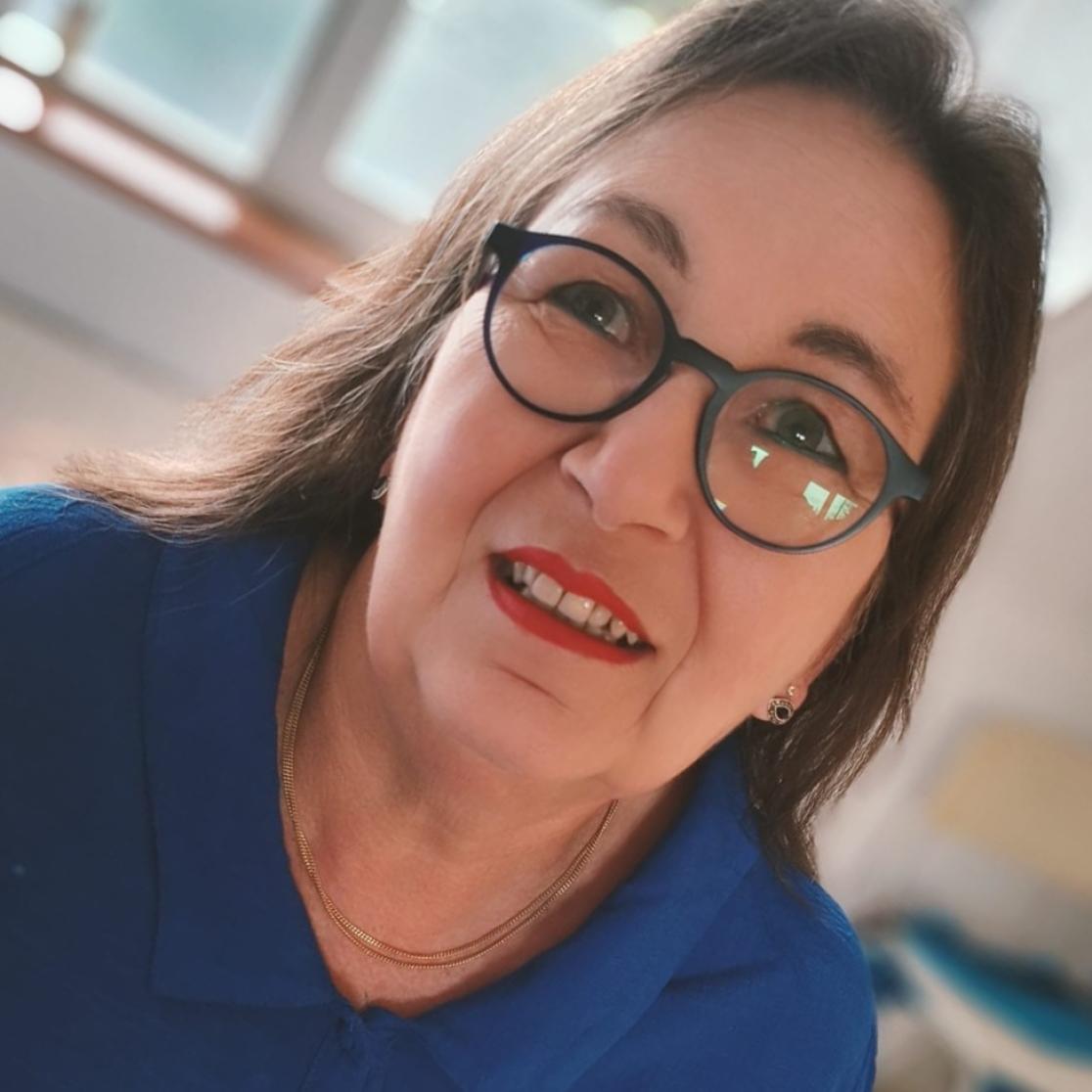Digital application for people living with rheumatoid arthritis

“A great example of patient-initiated care”
Enabling a higher degree of self-management, better control of your disease and a deeper understanding of your symptoms – that, in essence, is the goal of the digital application Myra (My RA) for people living with rheumatoid arthritis (RA). The app was created and developed over the past year by RA patients, rheumatologists and rheumatology nurses in collaboration with the Dutch Arthritis Society (Reuma Nederland), Stichting Zorgladder and Games for Health. “What makes this initiative special is that it was driven by patients rather than doctors”, says Ria Brokken, one of the patients involved in the project.
Rheumatoid arthritis (RA) is a disease that causes joint inflammation and pain, swelling and stiffness in the hands, wrists, ankles and/or feet. RA patients often struggle with activities of daily living. “Fortunately, there are good medications available today that allow RA patients to lead active lives”, says Ria. “And that is exactly why it is so important for us to monitor the impact of specific activities and events on our symptoms – to feel more in control of our disease and learn to cope with the limitations.”
Six areas, six questions
“Our starting point was the question: what do patients need?” explains Professor Astrid van Tubergen, a rheumatologist at Maastricht University Medical Center+ (MUMC+). “We organised sessions in Enschede, Maastricht and Eindhoven to extensively discuss this with patients. The first session mainly revolved around the question: which areas should the app cover? To keep it user-friendly, we eventually decided on six areas – pain, fatigue, physical functioning, mental wellbeing, social participation and quality of life. In the following session, we formulated one question for each of these areas, to be answered by the user on a scale of 1 to 10. In the next two sessions, we invited the group to Games for Health in Eindhoven to determine the look and feel, accessibility and appeal of the app together.”
Easy to answer
“The questions are easy to answer, such as ‘How tired are you today?’ or ‘How much pain are you in today due to your RA?’ Scores (on a scale of 1 to 10) are presented in a convenient dashboard, allowing patients to draw connections between certain activities and the effects in terms of pain, fatigue, mental wellbeing, etc. For this to work, they do need to use the app regularly.” “I used to keep a symptom diary to track my activities and mood, pain and fatigue”, says Ria. “But it’s hard to keep up a diary if you have a busy life. This app makes it easy for us to see connections and monitor our disease progression over time.” “To encourage patients to keep using the app, it also provides them with weekly interesting facts about the disease and tips and tricks for dealing with it”, says Astrid. “The app is expressly intended as a tool for patients. Data are not shared with doctors or other healthcare providers unless the patient chooses to do so. It is helpful if patients share the results from the app with us, though. After all, a consultation always takes place at a specific moment in time. Your results from the app give your doctor more insight into your day-to-day symptoms, which may, for example, help them determine if your medication needs to be adjusted.”
prof.dr. Astrid van Tubergen
Rheumatologist Maastricht UMC+

Pilot study
“Myra will be tested by about 100 to 200 patients in the coming year”, says Astrid. “At several points throughout the year, users will be prompted to answer questions about the usefulness of the app and whether it has changed their understanding and attitude towards their disease. We hope this will help us take the app to the next level. For example, we want to make it more accessible to patients with low literacy skills or lower digital literacy. We would also like patients to be able to compare themselves to each other. Suppose you are a 60-year-old woman who has been living with rheumatoid arthritis for 10 years – how are you doing compared to other women of the same age? It can be reassuring to know if they experience similar levels of pain or fatigue. But we will only be able to facilitate these kinds of comparisons once we have a lot of patient data.”
Driven by patients
“It’s great that we now have this digital application that, in my experience, meets the needs and preferences of patients”, concludes Ria. “This is an interesting project to be part of.” “The development of the app is driven by patients. They always have the last word, although we must obviously take research findings and feasibility into account as well”, says Astrid. “If the app proves successful, this approach – with patients, focus groups and pilot studies – may eventually serve as an example for other conditions where patient empowerment is important.”
Text: Margo van Vlierden
Translation: Emdash
